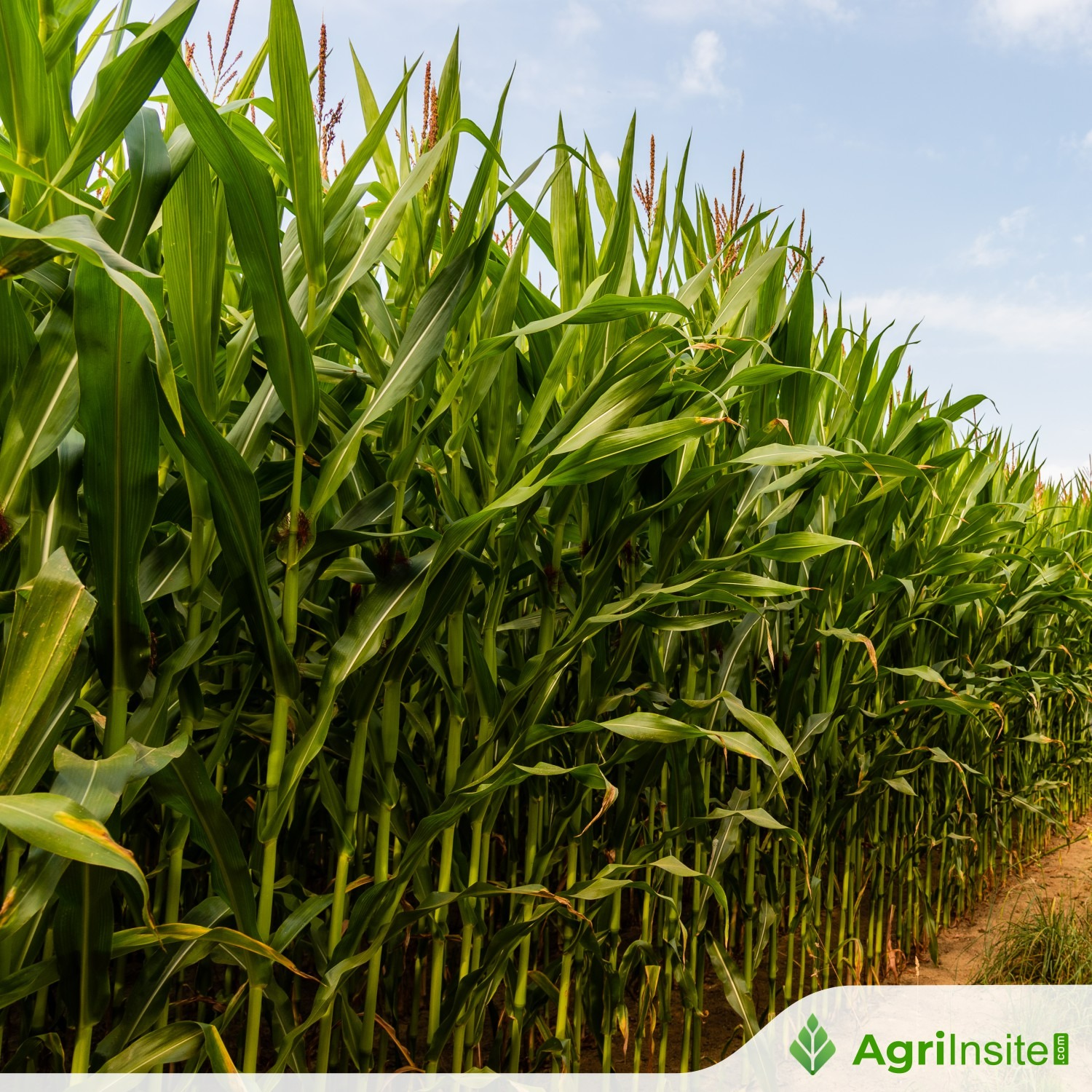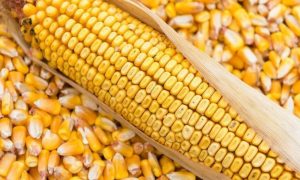Maize set for better yield

Kenya could double its maize output by adopting modern farming techniques and eco-friendly pest control. Experts urge certified inputs to combat pests like fall armyworm, which currently cause major losses. Innovative products introduced by Rainbow Company promise higher yields and affordability. With support from initiatives like Mbegu and increasing use of bio-pesticides, Kenya’s maize sector shows promising potential.
Kenya’s annual maize production could potentially double if farmers adopt modern innovations and effective pest control strategies, according to agricultural experts.
As of 2025, Kenyan farmers achieve an average maize yield of approximately 2 metric tonnes per acre, lagging behind Tanzania’s 3 metric tonnes and Zambia’s 3.5 metric tonnes.
This productivity gap has forced Kenya to rely on substantial maize imports, with over 164, 184 metric tonnes imported in the first nine months of 2024 alone, to meet the demands of its growing population.
To bridge this gap, agricultural stakeholders are encouraging farmers to use certified, environmentally friendly chemicals that enhance yields while minimizing ecological harm.
The push for sustainable practices comes amid challenges like the invasive fall armyworm, which has caused significant losses, estimated at up to a third of annual maize production estimated at one million tonnes.
M.L. Sharma, General Managing Director of Rainbow Company in East Africa, highlighted that improper use of chemicals remains a key barrier to higher yields.
Speaking at a farmers’ field event in Naivasha, which drew over 5,000 farmers from across the country, Sharma introduced a suite of cost-effective, innovative products designed to combat pests and diseases, including the fall armyworm.
“Kenya’s maize sector, which occupies over 40% of cultivated land, has been severely impacted by pests like the fall armyworm. Our new chemical solutions can increase yields by up to 10% while being 7% more cost-effective,” Sharma stated.
These products, including Europlus, Readout, and Turncap, have shown promising results in maize, potato, and vegetable farming, according to Agatha Musau, a local distributor.
Musau emphasized their affordability and superior performance compared to other market options, making them accessible to smallholder farmers.
Rainbow Company’s CEO, Wicky Wang, underscored the company’s commitment to quality and sustainability.
“Our products meet stringent Kenyan and global environmental standards, ensuring safety for both farmers and the ecosystem,” Wang said.
He added that the cutting-edge technology underpins these solutions, aiming to boost farmer incomes through higher productivity.
David Njau, a coffee farmer from Kiambu County, praised the introduction of Five Star chemicals, which effectively control fungal infections in coffee trees, particularly during cold seasons.
“These affordable and readily available products are a game-changer for managing diseases that have long plagued coffee farmers,” Njau noted.
Recent initiatives, such as the Mbegu initiative in Trans Nzoia County, have also supported maize farmers by distributing high-quality seeds, contributing to a projected 10% production increase in 2024.
Additionally, agro ecological approaches, like the use of bio pesticides such as Fawligen, a baculovirus-based solution licensed in Kenya, are gaining traction as alternatives to chemical pesticides, further reducing crop losses from fall armyworms.
As Kenya continues to battle pest challenges and import dependency, innovations like those from Rainbow Company, combined with government-backed programs, offer hope for a more productive and sustainable maize sector.
To Read more about Maize News continue reading Agriinsite.com
Source : Kenya News

















